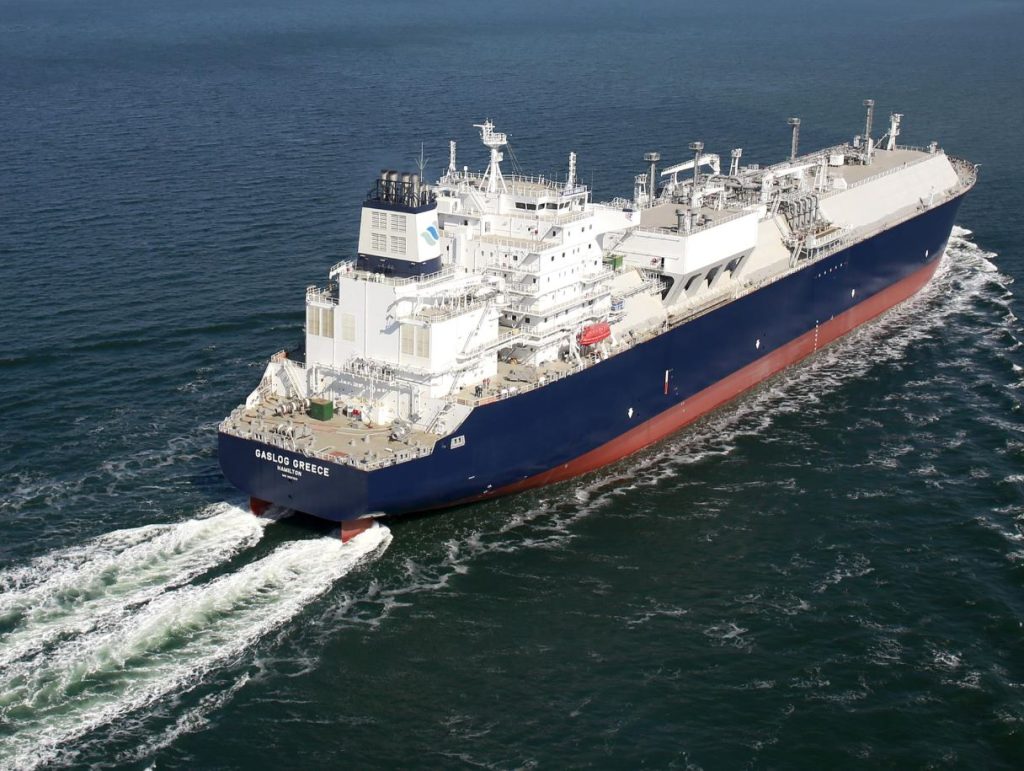This story requires a subscription
This includes a single user license.
“As of June 30, 2024, the Partnership had been pursuing an agreement for the sale and lease back of a TFDE LNG carrier, resulting in the reclassification of that vessel as held for sale,” GasLog Partners said in its second quarter report.
“While no definitive agreement has yet been reached, the agreement is expected to be executed, and the sale expected to be completed, within the third quarter of 2024,” it said.
GasLog Partners did not reveal the name of the LNG carrier or any other information.
Last year, China Development Bank Financial Leasing (CDB Leasing) has entered into deals to purchase two LNG carriers from GasLog and GasLog Partners.
These vessels are the 2013-built 155,000-cbm, GasLog Sydney, and the 2014-built, GasLog Saratoga.
In July last year, GasLog completed its previously announced merger agreement with NYSE-listed GasLog Partners.
GasLog acquired the outstanding common units of the Partnership for $8.65 per common unit in cash.
Following completion of the deal, trading in the Partnership’s common units on the New York Stock Exchange were suspended.
The fleet of GasLog Partners consists of 11 wholly-owned LNG carriers as well as three vessels on bareboat charters, according to GasLog’s results report issued in February.
The TFDE vessels include the 2013-built GasLog Seattle and GasLog Santiago, the 2014-built GasLog Solaris, the 2016-built GasLog Greece, GasLog Glasgow, GasLog Geneva, and GasLog Gibraltar, and the 2010-built Methane Becki Anne, the data shows.
Revenues down, profit up
GasLog Partners said its revenues were $87.3 million for the quarter ended June 30, 2024, down from $97 million for the same period in 2023.
The company attributed the decrease of $9.7 million mainly to the second half of 2023 and 2024 fixtures, partially offset by the increase in available days resulting mainly from the decrease in off hire days due to scheduled dry-dockings and repairs.
Also, profit reached $38.6 million for the quarter compared to $35.7 million for the same period in 2023.
The increase in profit of $2.9 million is mainly attributable to a decrease of $12.6 million in net financial costs due to the debt prepayment in November 2023 following the refinancing of all of the company’s vessels at the parent level of GasLog, it said.

